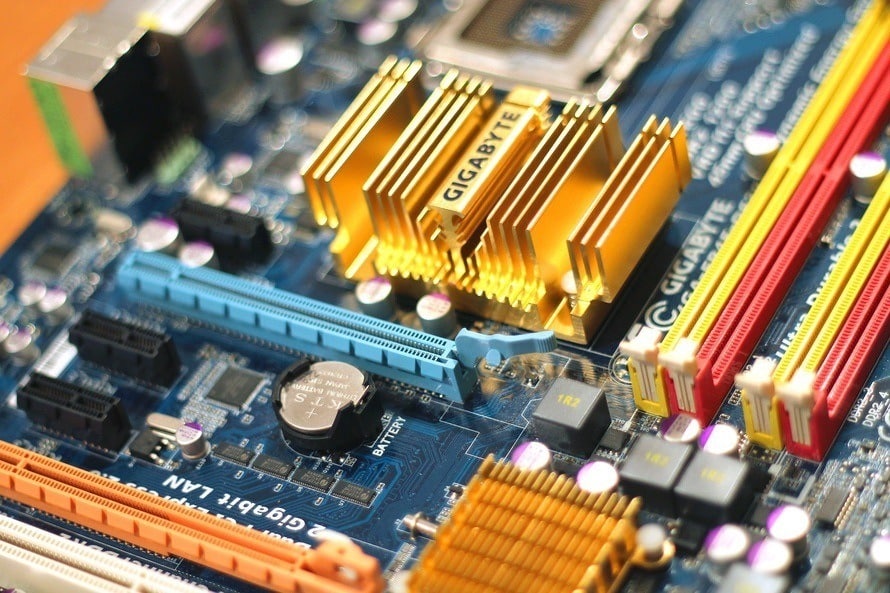
You should still keeping using a high-quality antivirus program as an extra layer of protection for your computers. What the article remind us of is the importance of paying attention to vulnerabilities in other parts of your network. Beyond protecting specific computing devices, you need to keep in mind the overall picture of network security and strengthen various components of your network, such as your router.
What are some of the things you can do, starting today, to improve your router’s security?
- If your router came with default admin passwords, make sure you aren’t using them. Choose a long, complex password.
- Use powerful encryption. There are different encryption standards and protocols available. Select the ones that meet the highest, most recent standards. For example, a WPA2 encryption standard and AES encryption protocol make for a solidly secure choice.
- Set up a guest network, so that visiting clients and business partners don’t tap into your primary network with their devices.
- Check if the firmware for your router is up-to-date.
These are just some of the basic steps for strengthening router security. Part of our network support services involves configuring your router in the most secure way possible and monitoring your network to reduce the chances of outages and cyber attacks.

